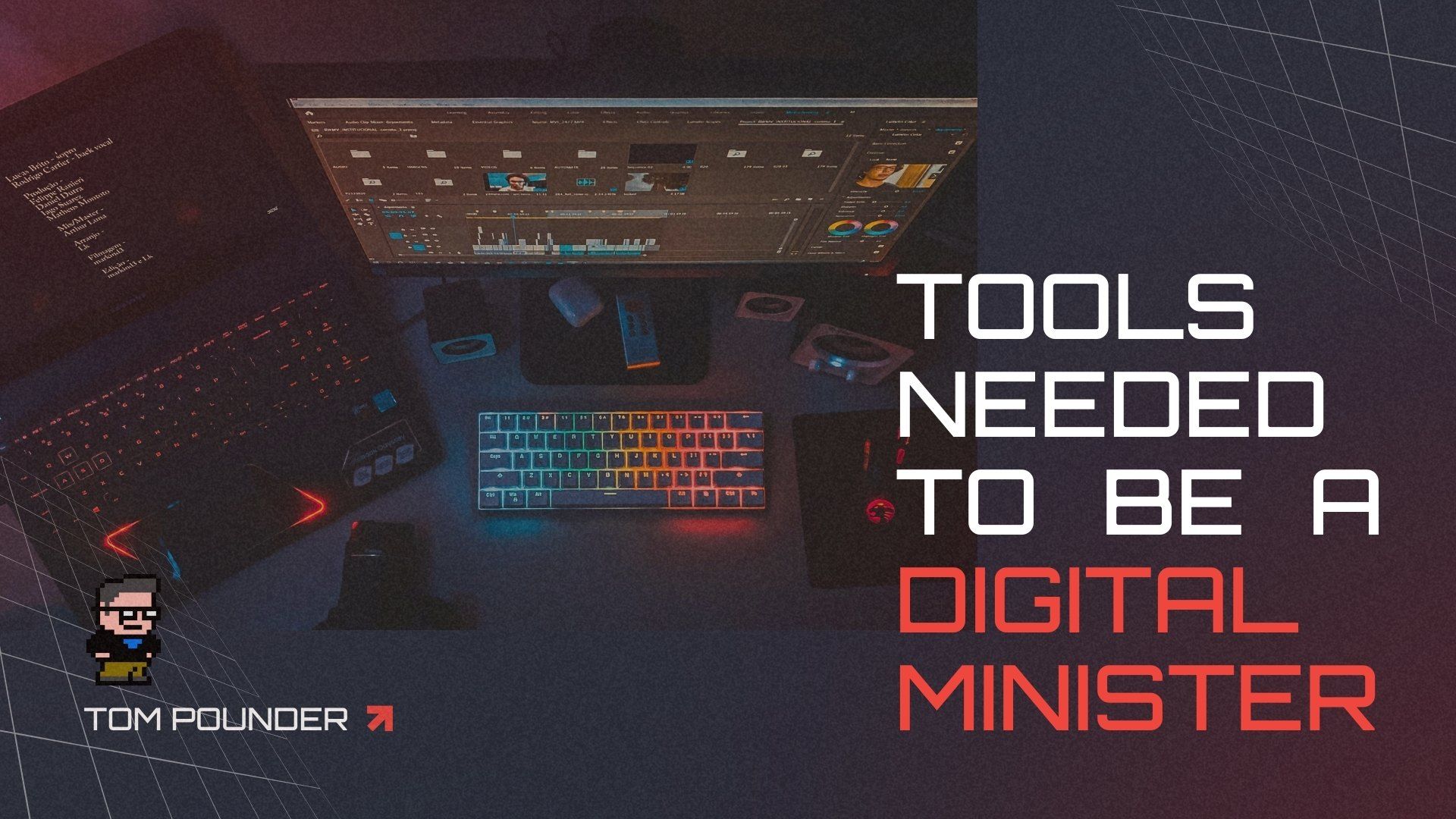Building Connections in a Digital World
How do we come to terms with the idea of digital discipleship?
Today’s digital world is revolutionizing discipleship. We’re seeing digital discipleship become essential for how we connect, learn, and grow in faith.
So what Is digital discipleship?
Digital discipleship is about using digital tools to disciple others. But it’s not just info-sharing; it’s about sparking relationships that grow faith and build community. At the heart of discipleship is friendship—the soil where it thrives.
Why friendship matters
People often say discipleship works best in community. But the truth? It’s strongest in friendship. Relationships without friendship can be experienced as shallow, but true discipleship means caring about someone’s growth and well-being. Jesus showed us the need for this, calling his disciples friends, not servants.
Friendship in digital spaces
Friendship creates deeper connections and real conversations. Discipleship isn’t about lecturing; it’s about walking with others in their faith journey. Digital spaces offer surprising potential for friendship, whether through gaming, social media, or messaging apps.
Platforms for digital discipleship
Digital opens up endless spaces for friendship-based discipleship:
- Gaming: Games like Fortnite and Minecraft bring people together to chat, collaborate, and build friendships that pave the way for discipleship.
- Social media: Platforms like Instagram and Facebook are community hubs to share faith wins, struggles, and daily life.
- Messaging apps: With apps like Whatsapp and Discord, people can keep up with prayer requests, share biblical insights, and have ongoing conversations.
Building friendships online
Digital discipleship is more than follower counts. True impact requires friendship. Here’s how:
- Engage authentically: Share your real life—the wins, losses, and struggles. People connect with authenticity.
- Be available: Make time for conversations and respond to DMs. Show you care.
- Create shared experiences: Host virtual events, Bible studies, or prayer meetings to build community.
The role of communication in digital discipleship
Great communication drives strong relationships, especially online. Here’s how to keep it real:
- Mix formats: Use text, video, and audio to keep conversations going. Youtube and podcasts are great for deeper dives and hanging out.
- Encourage feedback: Let people share their thoughts openly.
- Be consistent: Regular check-ins show you are genuinely invested in the friendships.
Expanding your reach
Digital discipleship isn’t just local; it’s global. Use these strategies to reach more:
- Social media: Share content across platforms and encourage others to spread it.
- Collaborate with other ministries: Partner with churches or groups to boost reach.
- Create shareable content: Infographics, videos, and blog posts let others share your message easily.
The future of discipleship
As culture shifts, discipleship must adapt. Digital discipleship lets us connect and grow in ways we never could before. When we prioritize friendship and lean into digital tools, we create discipleship experiences that go beyond our physical boundaries.
Feeling called to plant a church online? Check out what’s possible with theChurch.digital.
What do you think? Share your ideas on Discord or on social media.
Through the.Church.digital, we are helping physical and digital churches better understand the discipleship process, and helping churches and church planters understand this and other decentralized mindset shifts. By taking this quick assessment we can get you connect with a coach, resources and more. Also, check out our Discord Group where we are encouraging people daily.
























